Greatest rugby league and rugby union converts

There are many similarities between Rugby Union and Rugby League. However, there are some really subtle differences too, which can make for a very challenging transition if not prepared.
Check out below the greatest, the good, and the not so good code-switches:
10) Sam Burgess
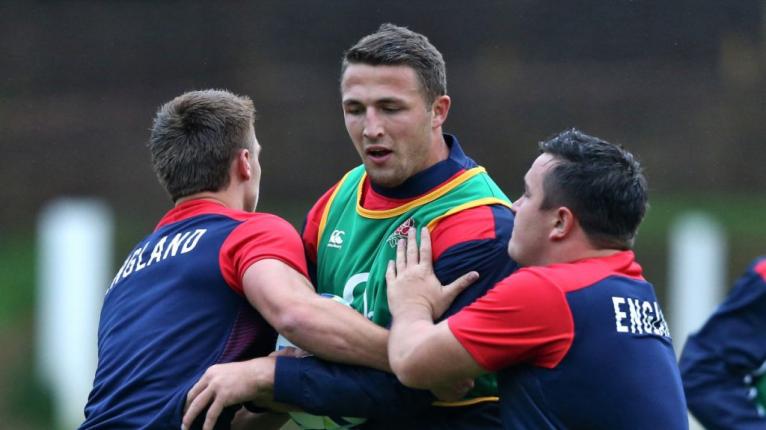
The hype around the switch of Sam Burgess was unreal. It was a big money transfer that came with a whole load of pressure.
Having previously dominated play for both Bradford Bulls and South Sydney, Slammin Sam was expected to come over to union and use his sizeable frame to cause havoc in the English premiership.
After a slow start and a large debate over his ideal position, Burgess started to show some of the form that was expected of him. Playing for west-country side, Bath, it was here that the former league international gained recognition from the international union coaches.
Despite having played just the one season of club rugby, Burgess was called up to the England national side ahead of the 2015 world cup. Following England’s disastrous campaign, the big hitter was used by the media very much as a scapegoat.
Because of this Burgess made the decision to return to rugby league, where he had a moderately successful finish to his career before being forced into early retirement in 2019 due to a chronic shoulder injury.
9) Andy Farrell
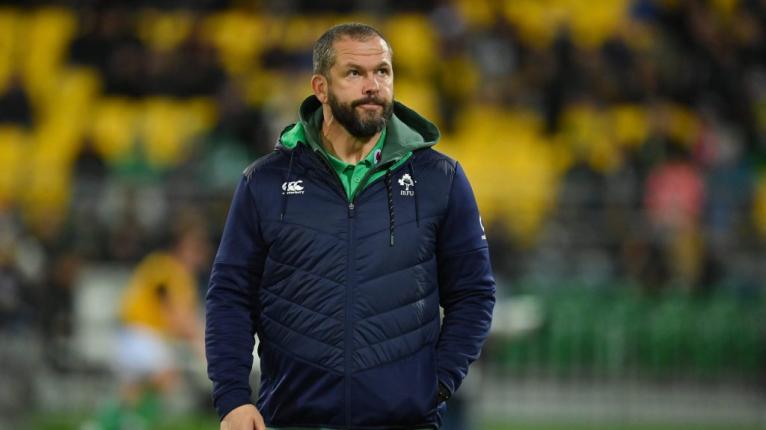
Having achieved so much in both playing and coaching, Andy Farrell is arguably one of rugby’s greatest ever assets.
Striving through the Wigan Warriors side at the young age of just 16, Farrell went on to win 370 official caps for his club side over a career that lasted 13 years. His time in rugby league included six championships and four challenge cups, as well as numerous individual awards.
It was in 2005 that the loose forward made the move over to rugby union, with the hopes of making the 2007 rugby world cup squad. After a series of injuries and setbacks, Farrell finally made his Saracens debut in 2006.
Despite playing predominately at flanker for Saracens, Farrell was chosen as England’s first choice inside-centre ahead of the world cup.
After a turbulent time in the competition, Farrell was not seen in international colours again. He finally retired in 2009, before going on to a very successful coaching career.
8) Jonathan Davies
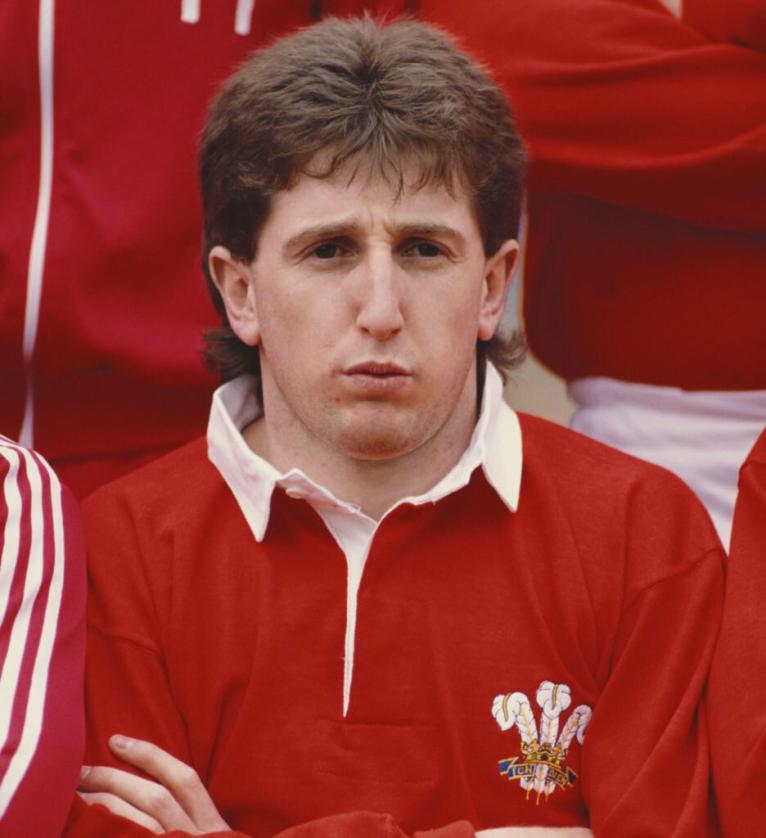
The oldest on this list, Davies had an incredible career that spanned over 15 years. The mercurial fly-half spent the majority of his playing career in Wales, turning out for the national side in both versions of the game.
Having started his career in union, Davies moved over to rugby league for a record transfer fee in 1989. It was in league that Davies spent the next six years playing in both the English and Australian divisions.
It was only in 1995 that Davies decided to return to Cardiff and pick up his union boots once again, before finally retiring in 1997.
Since retiring he has become an incredibly well-known pundit, and truly is one of rugby’s greatest men.
7) Lesley Vainikolo
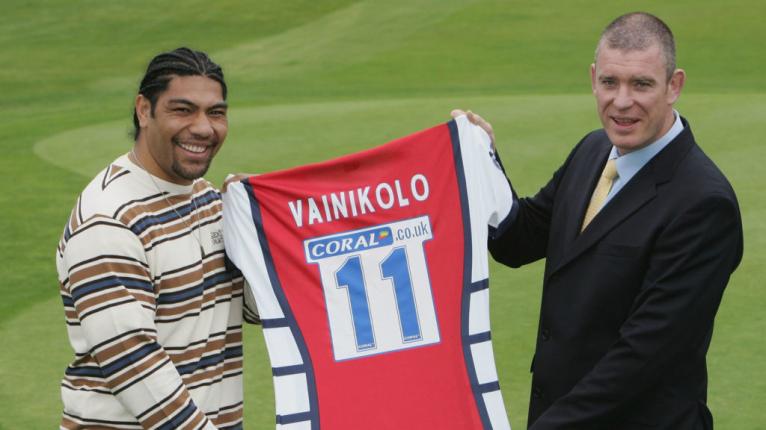
Lesley Vainikolo was an extremely powerful winger with an eye for the try line. Spending ten years playing rugby league, this unit of a back three player started his professional career at Canberra Raiders where he earned his nickname ‘The Volcano’. From here The Volcano travelled across the world to join English outfit, Bradford Bulls.
After being named in Bradford’s ‘Team of the Century’, the Tongan-born winger chose to move down the country to play rugby union at Gloucester.
With the ability to run the 100m sprint in just 10.6 seconds, the west-country side had picked themselves up a potential superstar.
A solid start to his union career saw Vainikolo receive a call up to the England national side. The former New Zealand rugby league international was now wearing the white of England in exciting times for the fans.
Unfortunately, after just five appearances for the men in white, it was not to be. A somewhat disappointing end to his career, but no one can deny the man’s natural talent.
6) Stephen Myler
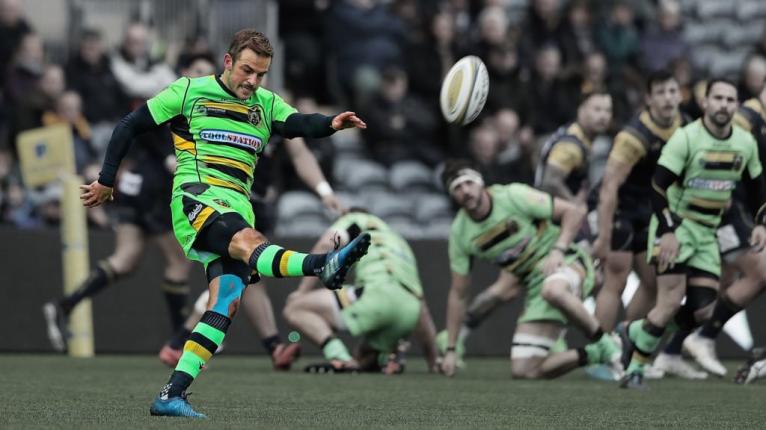
Stephen Myler spent the first five years of his career playing rugby league, mainly for Widness Vikings as well as a short stint at Salford City Reds. It was only when he decided to switch to rugby union in 2006 that he really found his game, however.
Joining English premiership giants Northampton Saints, the northern lad established himself in the squad quickly. Lethal from the boot, Myler scored all the points in his team’s 2009 Challenge Cup victory over Bourgoin.
With 1778 points, Myler currently sits in third place on the all-time top points scorers list for the English premiership.
Despite having only made one appearance for England, his incredible premiership career will leave Myler as a cross-code legend.
5) Lote Tuquiri
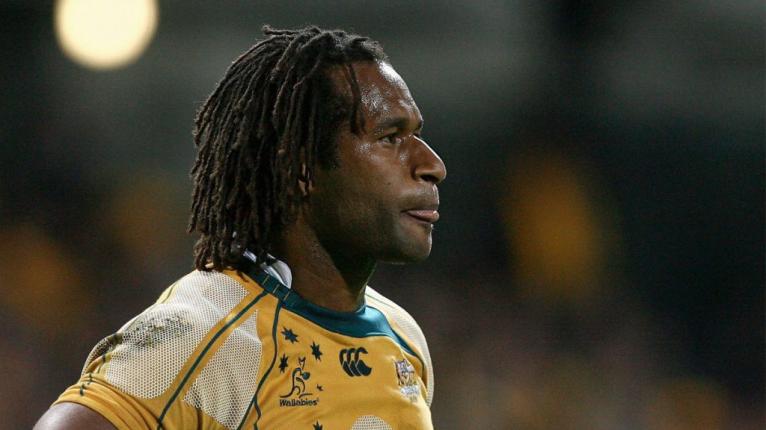
Standing at 6 ft 3 in (191 cm), Lote Tuqiri was a giant of a winger capable of standing up to any opposition he faced. His sizable 16 st 1 lb (102 kg) frame was most noticeable when playing against the smaller more commonly sized wingers of the day. Jason Robinson was particularly found out during the 2003 world cup final when Tuqiri had a clear advantage during the aerial battle.
Spending his first three years of professional rugby in the league code, Tuqiri became known as a prolific scorer, with a strike rate of over a try every other match.
At the start of 2003, Tuqiri made the announcement he was to sign for union side New South Wales Waratahs. Such was his impression with his new side that come June of that same year he had been called up to the Australian national side to play against Ireland.
Following a very successful international career and a stint with the Leicester Tigers, Tuqiri made his way back to rugby league.
During his return, the speedy winger also turned out for Fiji before hanging his boots up for good.
4) Brad Thorn
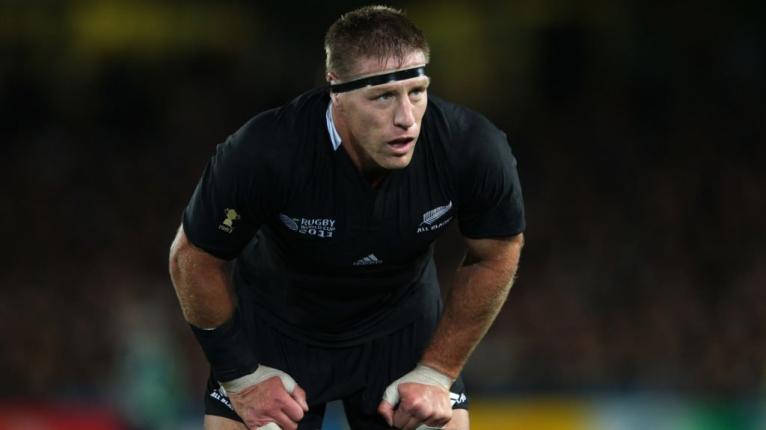
A brilliant rugby league player, Brad Thorn achieved three NRL titles with the Brisbane Broncos as well as numerous other trophies in his time.
He made the decision to cross over into Union in 2001 and went on to win multiple titles with The Crusaders. A highly talented second-row, Thorn was called up to the New Zealand national side, for which he ended up with 59 appearances and was a part of the historical 2011 rugby world cup winning squad.
During his career, Thorn dotted back and forward between league and union, ending his playing time as one of the most decorated rugby players of all time.
3) Chris Ashton
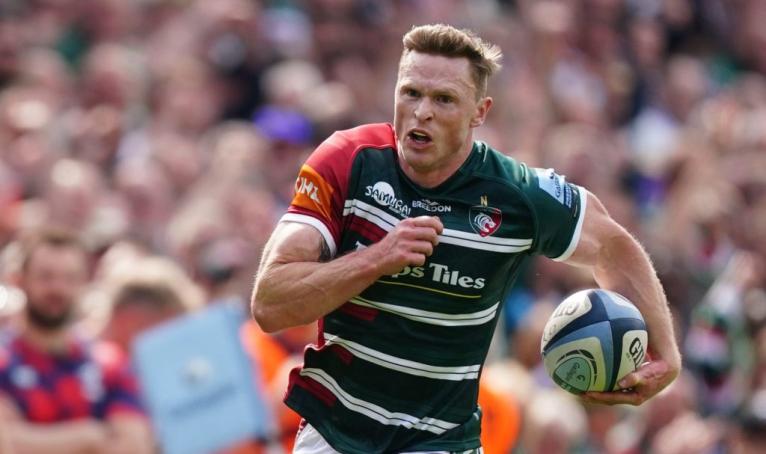
The English premiership’s top-ever try scorer has had quite the journey since switching over from league. Turning out for no less than seven different clubs in a fifteen-year career, Chris Ashton has made quite the splash in his time (pun intended).
A strong start to his senior league career saw Ashton called up for the national squad, turning out four times before making the switch to Union.
Ashton has broken try-scoring record after record during his career, crediting his support play and the ability to read the game as a major factor in his red-hot ability to touch down over the line.
Ashton was a mainstay in the England setup for many years, with his try-scoring exploits more than making up for his somewhat suspect defence.
With one of the best strike rates the northern hemisphere has ever seen, Ashton has to be considered an overwhelming success.
2) Sonny Bill Williams
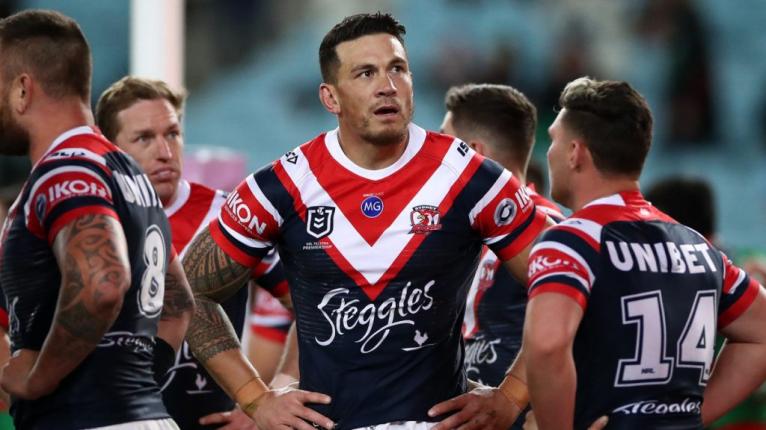
Sonny Bill was a true athlete. Able to perform at the very highest level in both league and union, as well as being a dab hand at boxing too.
Used mainly as a centre, Williams was known for his incredible offloading skills as well as his ability to deliver huge devastating hits.
Switching between league and union for the majority of his career saw Williams pick up countless individual and team awards for club and country.
Seen by many as one of the most exciting players to have ever played the game, there was no one else in world rugby with the skillset Sonny Bill Williams had.
1) Jason Robinson
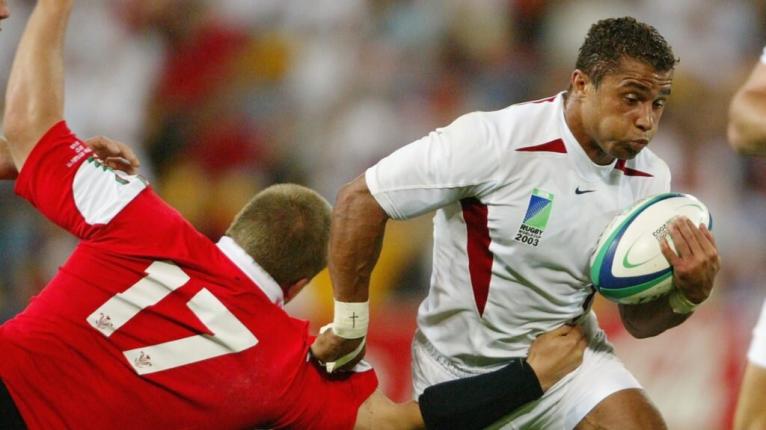
Billy Whizz as he was affectionately known during his playing days, was one of the greatest back three players England has ever seen. His incredible sidestepping abilities and acceleration off the mark saw the Sale and England player strike fear into any defence that dared to give him space.
For nine years the lethal speedster turned out for rugby league side Wigan, earning himself call-ups to both the England and the Great Britain national squads.
It was his switch to Union that caught the global eye, however. After a short loan stint at Bath, Robinson made the code cross permanent when signing for Sale in 2000.
Like a duck to water, Robinson found no time in terrorising defences in his new sport, shortly getting the national call-up. Two world cups and multiple tries later, Robinson retired as one of the greatest cross-code players to have ever played the game.






























